The development of new ways to measure objects and surfaces at the nano scale has allowed dimensional inspection providers to improve both accuracy and speed. It has also enabled the measurement of larger samples and objects with different surface types, as well as provide better 3D imaging capability.
Advances in nano measurement are interesting from a scientific perspective, but they also offer practical benefits in a number of different areas.
7 Applications that Benefit from Nano Measurement
Some of the applications that can benefit from better nano measurement include:
- Dental – Orthodontic brackets with very small features are difficult to accurately measure with contact probes and vision systems. The use of chromatic confocal technology enables better data collection because stylus size is not an issue, it measures in 3D without contacting the part, and the results are not impacted by reflectivity or translucence.
- Forensics – The ability to measure fibers and tool marks with greater accuracy gives forensics professionals better resources when processing evidence. Even specimens without parametric geometry (such as tissue samples) can be modeled in 3D.
- Microelectronics – Circuit boards at the micro and nano scale must be measured for quality control to ensure that the conducting path is consistent with specifications and that the wire bonds are correctly oriented. Because the samples are so sensitive, they must not be destroyed during the measurement process, which is why a non-contact system is the best solution.
- Medical – Artificial joints, implants, and other medical devices require highly accurate surface geometry to perform at their best. Measuring surface form and roughness at the nano scale ensures that the specifications are met. Nano measurement can also be used in the development and manufacturing of surgical instruments.
- Printing – Nano measurement is used to determine the surface roughness of different types of paper. It can also be employed to analyze printing results and detect errors.
- Tools and machining – Micro tools and components require a high level of accuracy to operate correctly. Nano measurement can be used for detecting tiny flaws in a micro gear, for measuring form, or for determining the amount of wear on a part.
- Material science – The ability to accurately measure a broad range of surface types at the nano scale, without risk of damaging the sample, is a valuable addition to the material science industry. Even materials with differing reflective properties can be measured with the same device.
The list of potential applications goes on and on. Automobiles, injection molding, and plastic films are just a few more examples of the types of industries, processes, and products that can benefit from new nano measurement technologies.
Q-PLUS Labs can help you with your nano measurement needs. We regularly work with businesses in almost every type of industry, so no matter what your application is, we have the experience and expertise you need to get accurate results. Contact us today to schedule your free consultation.

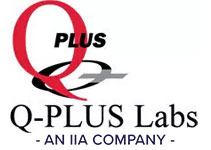



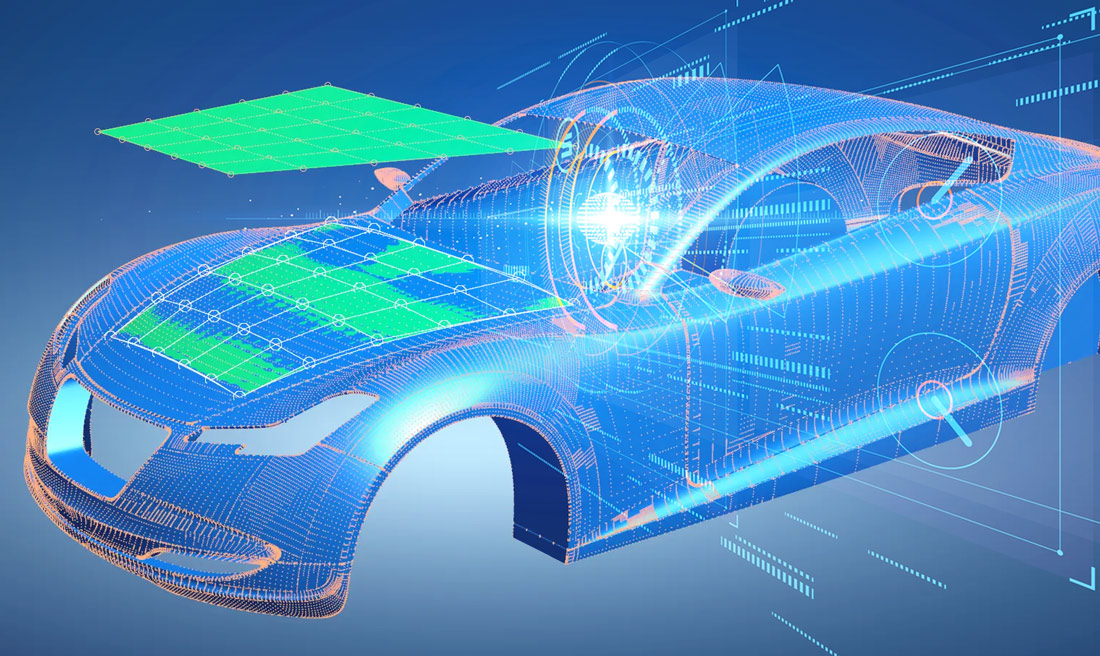
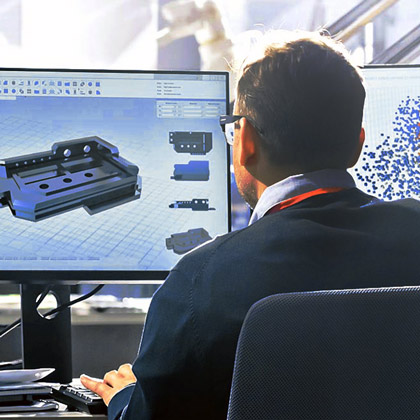
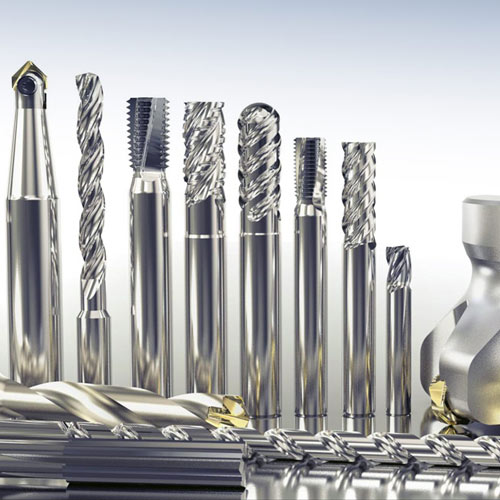
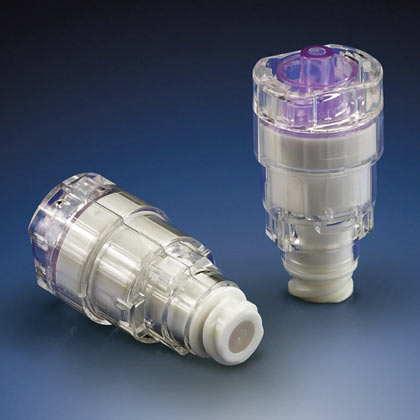
Leave A Comment
You must be logged in to post a comment.